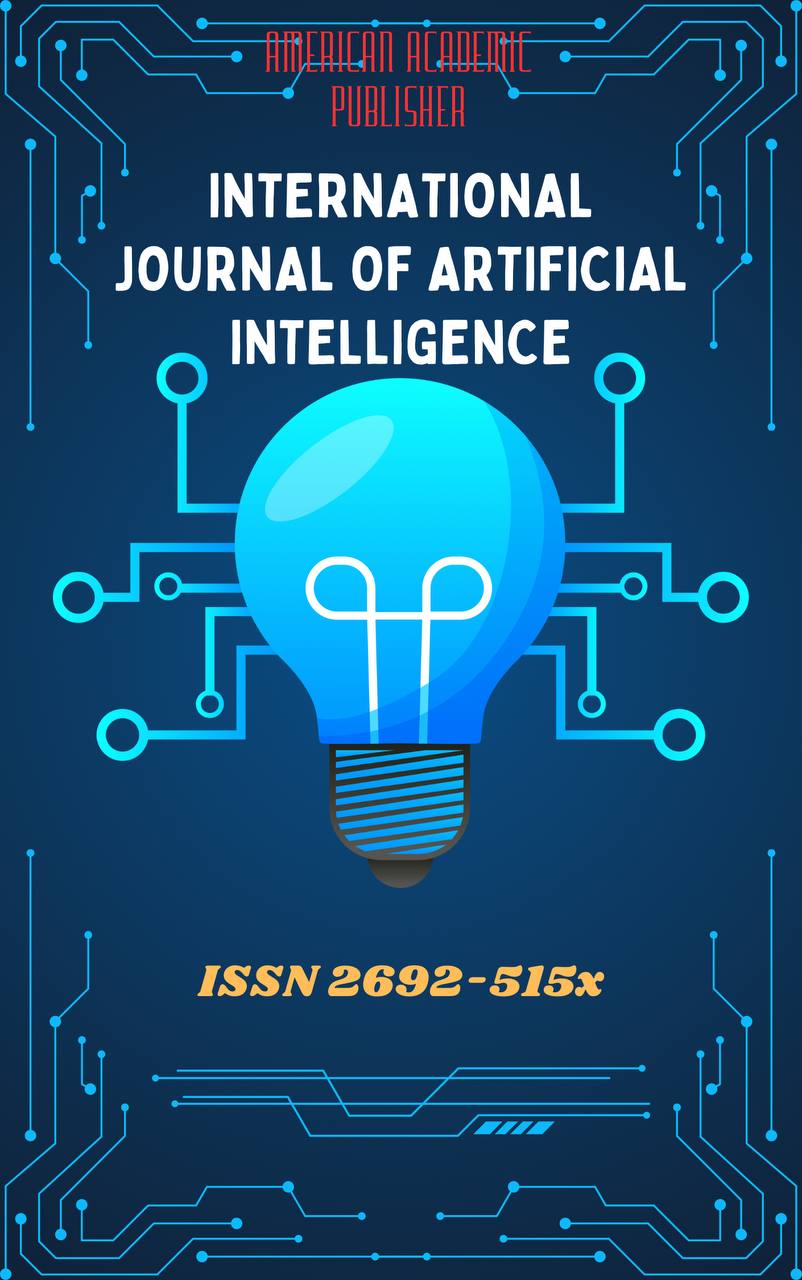 Articles
| Open Access |
Articles
| Open Access | COGNITIVE FEATURES OF ORTHONYMS
Muxlisa Ahadovna Yigitaliyeva , Lecturer at Kokand State UniversityAbstract
This article explores the cognitive characteristics of orthonyms, focusing on their role in language comprehension and processing. Orthonyms, words that are spelled and pronounced the same but have different meanings, present unique challenges and opportunities in cognitive linguistics. The study analyzes how the human mind distinguishes and interprets these words in various contexts, contributing to a deeper understanding of semantic ambiguity and mental lexicon organization. The findings have implications for language teaching, translation, and artificial intelligence applications.
Keywords
orthonyms, cognitive features, semantic ambiguity, language comprehension, mental lexicon, polysemy, context, linguistic processing
References
Akbarov, O. (2018). Semantik tahlil va kognitiv lingvistika. Toshkent: Fan va Texnologiya.
Cruse, D. A. (2004). Meaning in Language: An Introduction to Semantics and Pragmatics. Oxford University Press.
Fromkin, V., Rodman, R., & Hyams, N. (2018). An Introduction to Language (11th ed.). Cengage Learning.
Karimova, M. (2020). "Orthonyms and their Cognitive Features in Uzbek Language." Journal of Linguistic Studies, 15(2), 45-58.
Lakoff, G. (1987). Women, Fire, and Dangerous Things: What Categories Reveal About the Mind. University of Chicago Press.
Levinson, S. C. (2000). Presumptive Meanings: The Theory of Generalized Conversational Implicature. MIT Press.
Mirziyoyev, I. (2017). O‘zbek tilining zamonaviy muammolari. Toshkent: O‘qituvchi.
Murphy, M. L. (2010). Lexical Meaning. Cambridge University Press.
Yigitaliyeva, M. A. (2022). "The Role of Context in Semantic Ambiguity Resolution." Uzbek Journal of Cognitive Studies, 7(1), 12-26.
Yule, G. (2020). The Study of Language (7th ed.). Cambridge University Press.
Article Statistics
Downloads
Copyright License

This work is licensed under a Creative Commons Attribution 4.0 International License.

